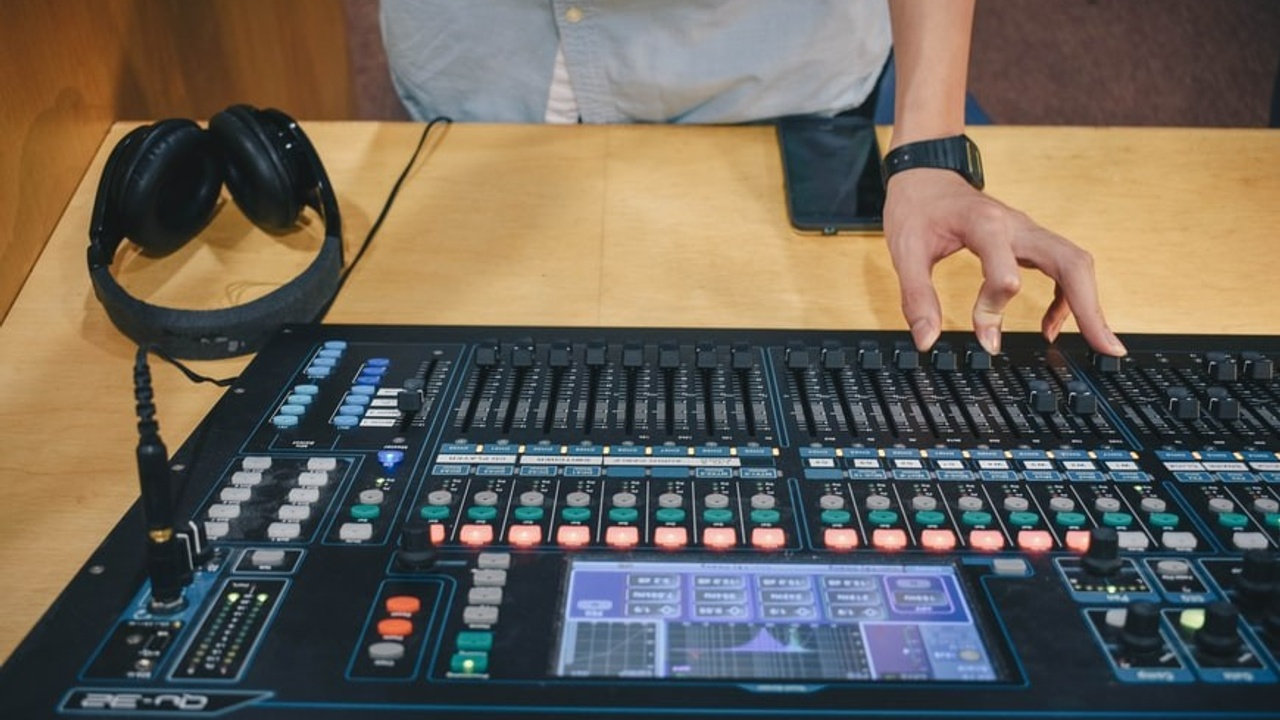Susan Young's
Amplify Blog
Becoming More Approachable and Confident at A/E/C Meetings

You don't have to say anything at shortlisted interviews and networking events.
Others pick up on your body language and subconsciously decide if you are approachable.
Your nonverbal communication says it all.
Humans are "people-watchers."
Research has long shown that we observe more than we listen.
Prospects and clients make snap decisions in under five seconds about whether to engage with you.
This underscores the importance of your nonverbal cues.
✅How do you move and behave?
✅What is your face "saying" about your confidence and mood?
✅Are your gestures (even if you're standing alone in a luncheon) inviting and welcoming?
Yes, architecture, engineering, and construction firms hire me to teach staff how to confidently and clearly speak and deliver presentations.
It's easy to get your words tangled. I get it. 👀
Still, impactful communicators reach beyond their words so they win pursuits.
They recognize that nonverbal skills are equally critical in this balance.
Usi...
How to Open a Remarkable A/E/C Business Development Presentation

The best seller-doer teams in AEC use this presentation technique to win more bids.
They don't bury the lede.
The first few words out of your mouth or on paper must be the gem that resonates deeply with your prospect.
When you bury the lede, your main point is the needle in the haystack.😵💫
Prospects will quickly lose interest as you painfully try to articulate your message.
Every single trained news reporter and journalist lives and dies by "don't bury the lede." (Radio news reporter nerd here)
Think about it.
👉If the headline of a story doesn't grab your attention, you're onto something else.
The same is true of an email subject line.
Ask yourself and your team: What is THE most important reason we are in this meeting?
♦️Speak to that, and you'll be unstoppable.♦️
Exceptional teams don't miss the mark or bury the lede.
They are confident and competent communicators.
Decision-makers who look frustrated and distracted are confused.
You haven't connected the dots in ...
You Can Have Easy, Casual Conversations on Podcast and Summit Interviews

Ready to energize and impact more people on podcasts, summits, and virtual events?
Whether you’re a host or a guest expert, toss out your list of questions.
You've gotta trust yourself and let things flow naturally.
From my experience, the most memorable interviews are just easy, casual conversations.
They're enjoyable for the host, guest, AND audience!
People remember intriguing conversations, stories, personalities, and takeaways.
When others like what they hear and see, they’ll...
· Recommend and refer you
· Sign up for your stuff
· Join –and engage—in your community
· Hire you
Hosts and guests who trust themselves (and each other) aren't rigid or stuck to a script.
They look forward to something spicy coming up.
They expect to hear a nugget that's fresh and intriguing.
They feel comfortable not knowing each word and question.
They know that they know their stuff without a list of questions.
They prepare--and listen--in a different way than newbies.
So, what does sp...
My Client Was Full of It, and You Probably Are, Too

Humans are born with only 2 fears: the fear of falling and the fear of loud noises.
Science proves it.
Everything else you’re afraid of was learned, most likely in your childhood (0-7 years old)
And we carry these fears—and the stories behind them—with us…for years.
• You talk about being afraid of heights.
• You talk about being afraid of dogs, spiders, or snakes.
• You talk about your fear of public speaking. Then, you give momentum to your (learned) story by talking about the presentation you messed up…in 2012.
Our words create our worlds. 🌎
And they usually keep us from growing ourselves and our businesses.
So, what are you afraid of, aside from maybe falling and loud noises?
My client, Don, was reflecting with me about how transformative this fear lesson has been for him.
Don’s a super smart techie.
He was studying computer languages long before the rest of us found the Internet.
His programs have been used by the Pentagon and White House; so cool! ⚡
But until a few ...
10 Ways to Build Rapport So You Have Deeper Relationships at Work

Building rapport with others—whether it’s in person or online—takes practice. Much of it is intuitive.
Rapport is about creating a bond, link, connection, and understanding.
The goal is to connect and engage people so that they are thinking, feeling, reacting, and involved.
Humans crave connection and want to be understood.
Rapport building is an art and skill in communication that’s used daily in all our relationships.
Here are 10 tips to connect and build rapport with others:
-
Act approachable. When mingling face-to-face, be aware of how you move and behave. Notice how confident and easy-going folks network. Use body language and gestures that are inviting. When you’re online, have a welcoming and intriguing profile or video. Smile in your profile picture; it matters!
-
Ask good questions. People love to talk about themselves so develop your listening skills and curiosity. Learn how to ask powerful questions and listen closely to reply with a thoughtful response. Pe
...


